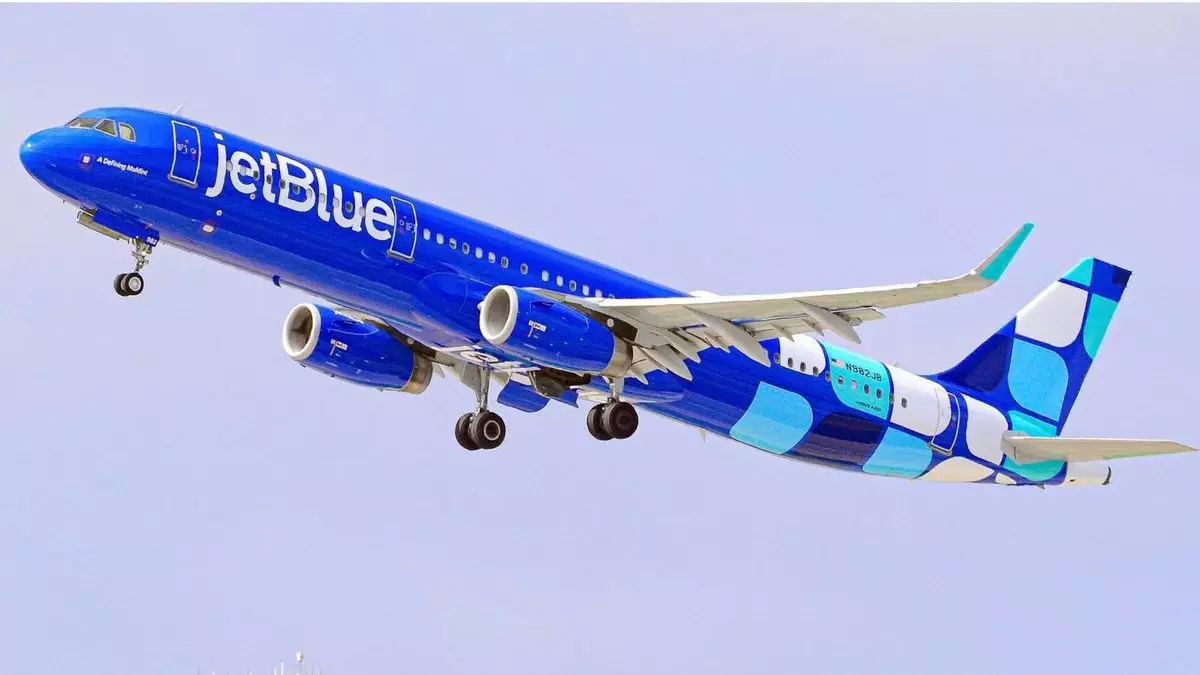JetBlue recently announced a decision to delay the deliveries of 44 Airbus A321 aircraft until 2030 and beyond. This strategic move is aimed at shoring up the airline’s balance sheet and improving cash flow. Originally, these 44 planes were slated for delivery between 2025 and 2029.
The deferment of these aircraft deliveries will not only affect JetBlue’s balance sheet but also slow down the airline’s growth in the transatlantic market. Specifically, the deferral includes 13 A321XLR aircraft, which were intended for expanding services to Europe. JetBlue’s existing transatlantic network comprises 11 routes from New York JFK and Boston to key European destinations such as London, Dublin, Amsterdam, Paris, and Edinburgh.
CEO Joanna Geraghty emphasized the importance of European flying as a pivotal part of JetBlue’s network. She highlighted the seasonal impact and the contributions to the loyalty program derived from these routes. Addressed during JetBlue’s Q2 earnings call, Geraghty expressed that while the deferral of the A321XLR would impact growth in that market, it should not be construed as a retreat. Instead, it is viewed as a strategic move to ensure profitability on these routes in the future.
The decision to defer aircraft deliveries is projected to lower JetBlue’s capital expenditures by approximately $3 billion over the course of this decade. With the deferment, the airline now anticipates taking delivery of only 11 more A321s within the next few years. Additionally, JetBlue has faced challenges with mandated inspections of Pratt & Whitney GTF engines, resulting in an average of 11 A321s being grounded this year.
JetForward Initiative
JetBlue introduced the JetForward initiative during the earnings call, aiming to generate additional earnings amounting to $800-$900 million by 2027. This initiative encompasses a series of strategic measures to enhance the airline’s financial performance. Notably, JetBlue has already implemented a range of initiatives including route exits, network restructuring, and commercial changes to streamline operations and improve profitability.
Addressing the need for operational reliability, JetBlue has ramped up its investments in this area to align with industry standards. The airline has allocated resources towards scheduled maintenance time, automated tracking of aircraft turns, expanded block time, and improved self-service tools for customers. These initiatives have already resulted in a significant improvement in JetBlue’s on-time performance in the second quarter.
JetBlue reported a net income of $25 million in Q2, surpassing analysts’ expectations of a losing quarter. This unexpected profitability led to a surge in the airline’s stock prices, rising by more than 11% during mid-afternoon trading. While the decision to defer aircraft deliveries may signify a shift in JetBlue’s growth strategy, it is evident that the airline is focusing on strengthening its financial position and operational efficiency in the long term.

